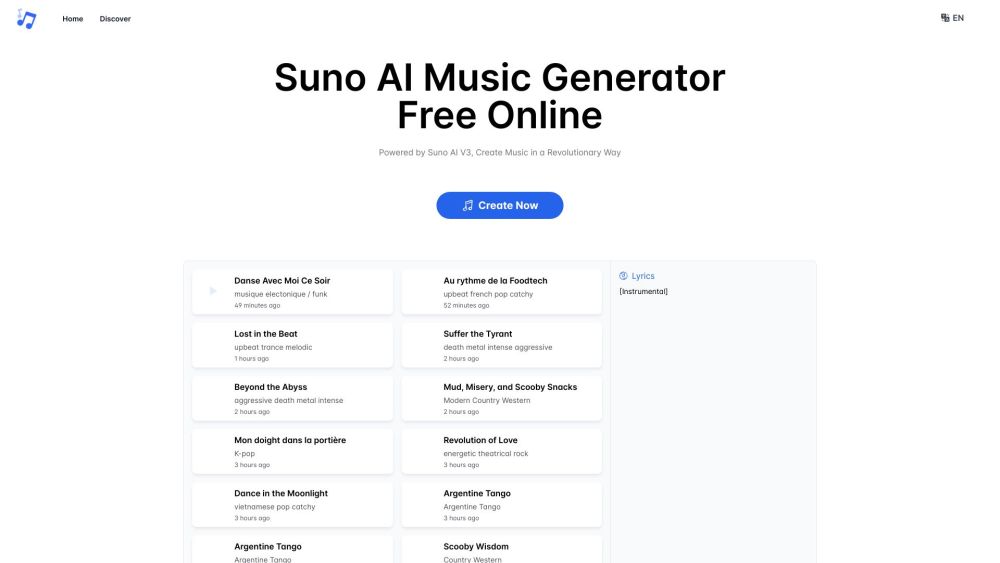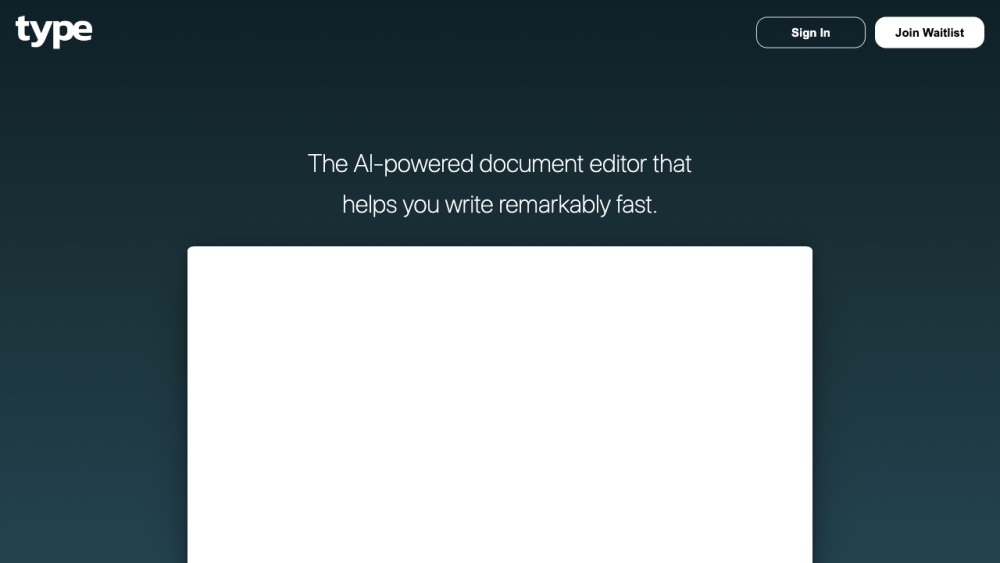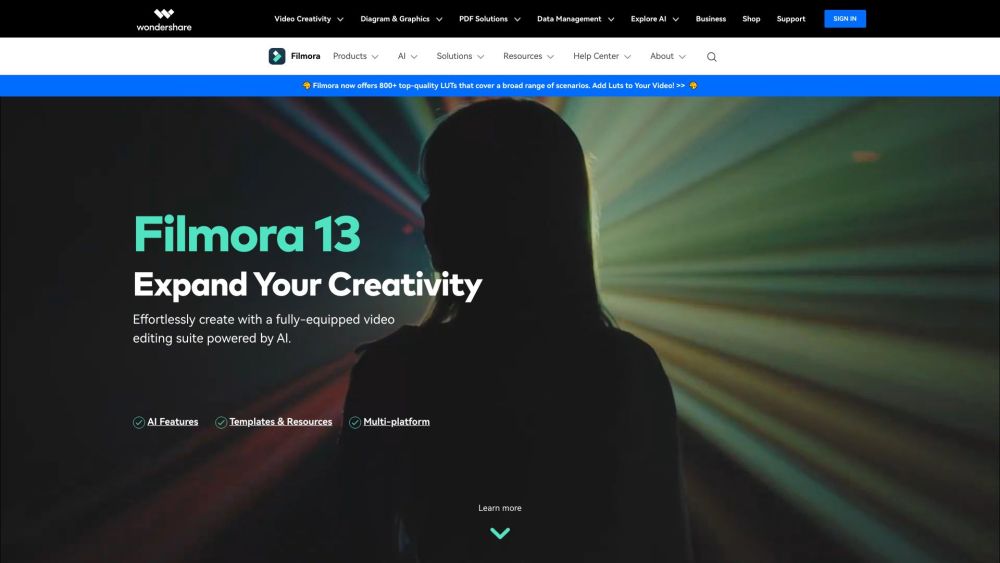Betaworks has established a robust track record in investing in artificial intelligence (AI) and machine learning (ML). Their latest cohort of Camp, a thematic accelerator, reflects a growing confidence in the AI sector that transcends current trends focused solely on chatbots. Founder and CEO John Borthwick emphasized the firm's "rabid" interest in AI as a means of augmentation rather than just a standalone product.
This increased interest is echoed by the startup community; as Borthwick stated, “This year’s Camp attracted double the applicants compared to last year.” He explained, “The exciting part about these initiatives is the open call, which under the thematic umbrella generates unexpected diversity. We believe the coming years will witness a wave of companies leveraging AI models to enhance human workflows and behaviors.”
One of ChatGPT's most remarkable features is its ability to provide swift and satisfactory responses to inquiries across virtually any topic, including coding problems. While many may not engage with AIs purely for enjoyment, the demand for efficiency makes their use attractive.
Borthwick pointed out that Betaworks has backed AI and ML endeavors since 2016, during a time when these technologies were still in their infancy. “We began by systematically exploring the intersection of ML with various modalities, including audio and synthetic media,” he said. “In recent years, our focus has shifted to understanding AI’s role in enhancing human workflows, and we are committed to investing in this augmentation aspect.”
This perspective frames AI as “a bicycle for the mind,” promoting tools that enhance existing processes rather than simply generating new products. The selected companies exemplify this vision, utilizing AI to streamline and improve current operations. Each startup in this cohort received $500,000 in funding, supplementing any previous fundraising efforts.
Borthwick elaborated, “Our focus spans the AI stack; some startups are essentially apps, while others fit into the middleware category. The program aims to refine product-market fit and develop effective product roadmaps—it's less about performing fundraising displays. Around half of the participating companies secure funding before or during the program.”
This year, Betaworks welcomed three co-investors: Greycroft, Differential, and Mozilla, who will provide co-investments and their networks to assist the startups, while Betaworks manages the accelerator operations.
Here are summaries of the 12 companies in this year’s cohort, along with my initial question for each (in italics). For brevity, I’ve summarized their detailed responses. More information about these companies, including their founders and backgrounds, can be found on Betaworks’ website.
Armilla Assurance: A service that assesses the quality and reliability of AI systems and offers insurance against losses due to AI underperformance.
What metrics are used to assess AI risk and fitness, and if they’re industry standard, why wouldn’t companies evaluate them internally?
Armilla employs both industry standards and proprietary methods to objectively measure quality and provide performance warranties, supplementing, rather than replacing, development processes.
Bionic Health: Focuses on preventative healthcare through an AI-driven model informed by real-world medical practices, protocols, and workflows from their North Carolina clinic, alongside a more advanced electronic health record (EHR) system. They have raised $3.5 million in seed funding.
Why rely on an AI model based on physician decisions rather than consulting medical professionals?
The AI serves as an assistive tool for healthcare providers, streamlining clerical tasks and enabling both doctors and patients to concentrate on informed care decisions.
Deftly: A machine learning platform that synthesizes customer feedback into actionable product changes and feature improvements.
How can an early-stage startup access “troves of dispersed product feedback”?
While not directly addressed, existing data from feedback forms and meeting notes are compiled into a user-friendly dashboard for product teams.
Globe: Develops large language models (LLMs) designed for teams requiring comprehensive information management, like in extensive studies or product development. The LLM ingests relevant documents for varying levels of detail retrieval.
Given LLMs’ limitations, why trust one to accurately provide multi-faceted data?
The goal is to surface useful, potentially overlooked information rather than distilling new insights, functioning as an enhanced search tool.
GroupLang: Innovates software that enables LLMs to interact with groups rather than individuals, addressing user preferences, privacy, and related concerns.
Can you provide an example of group interactions with an LLM?
Collective tasks that require shared information tracking among users illustrate the potential benefits.
Open Souls: Aims to create conversational AI models that mimic human thoughts and emotions, showcasing internal complexity.
Does this equate to a finely tuned model with an artificial persona?
While fine-tuning primarily alters speech patterns, their method seeks to integrate unseen processes that generate “rich inner monologues” influencing behavior.
Pangaea: Uses AI and custom backend technology to accelerate game development, including a rogue-lite battle royale (Project Rise) with procedurally generated maps.
How is gameplay and map balance retained in this procedural generation?
The approach focuses on ensuring fairness rather than absolute balance, carefully combining hand-designed elements with procedural generation to optimize player experience.
Plastic Labs: Improves LLM personalization by securely managing the flow of sensitive psychological data between users and models, allowing customization across different agents.
What is the framework behind this, and how can it be effective across diverse model foundations?
The framework operates as a secure middleware relay, leveraging shared capabilities of foundational models to predict and understand users’ mental states.
Shader: A social camera app that facilitates AR filter creation through an intuitive no-code interface.
What does the creation process look like, and how can filters be shared on platforms like Instagram or Snapchat?
Users provide prompts, like “cyberpunk elf face,” which are then live-mapped onto their faces. Filters are retained on Shader, and users can export videos to other services.
Unakin: Aims to cut development time using AI-powered code assistance. Its first tool is a UI programming agent that builds functioning game interfaces from textual or visual prompts.
What is the current capability of this proposed agent compared to other LLMs for code generation?
Currently, they are utilizing the system for enhanced code search and generation, especially in UI design, alongside image-to-code conversion from tools like Figma.
Vera: Helps enterprises integrate AI by regulating data in and out of models based on established corporate rules. It functions as an oversight mechanism for generative AI.
Does this mean all AI interactions are recorded, enhancing control over input and responses?
Yes, it enables security and privacy by making interactions observable and intercepting sensitive information before it reaches the LLM, allowing for consistency and error checks.
Waverly: Describes itself as a “social network of ideas” using AI to remix concepts and conversational AI to manage user feeds.
How does the AI model remix ideas, and what advantages does conversational AI bring to feed management?
With the “WordDJ” tool, users can rearrange text blocks without a keyboard, and the conversational agent offers a more nuanced way to customize the content of their feed.
These startups illustrate the innovative applications of AI, showcasing how the technology can enhance productivity across various domains.




